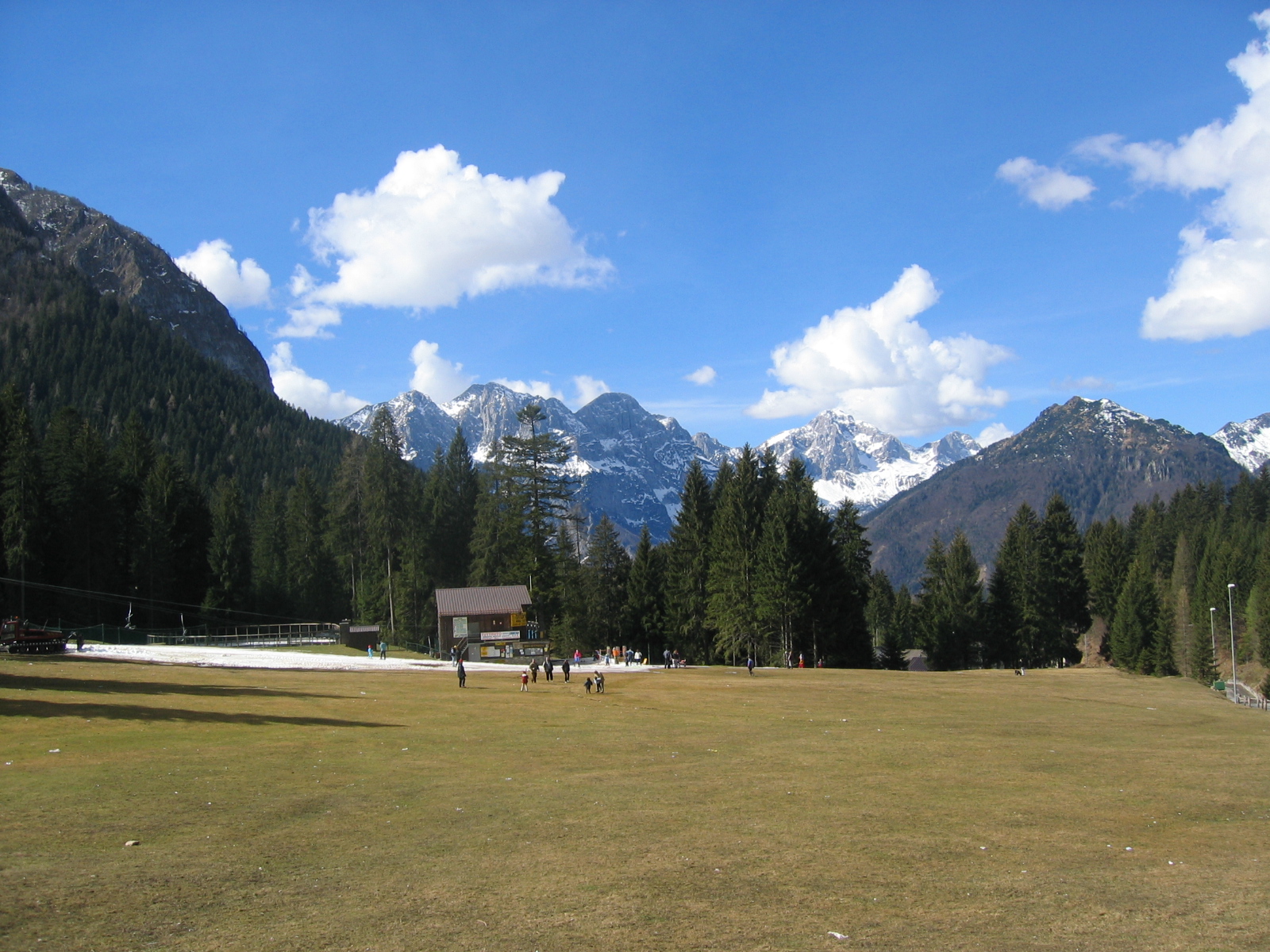CHURCHES IN BRIEF" "

COMECE: climate change and human mobility Ahead of the Cop21 summit in Paris, the international conference promoted by the UN on climate change, the Commission of the Bishops’ Conferences of the European Community (COMECE), that devoted great attention to this theme in recent months, is holding a debate titled: "Climate change and human mobility. Challenges and perspectives." The event will take place on October 21st at the COMECE headquarters in Brussels (www.comece.eu). While climate change has been the object of increasing attention on the part of scholars and by the international community alike, "the impact of climate change on human mobility" has been examined in depth only recently, the organizers said. Nonetheless, "limited knowledge, uncertainties on the scope of this phenomenon and doubts on the legal framework it applies to" linger on. The panel lectures by Swedish geography expert Kjeld Rasmussen (geosciences department, University of Copenaghen) and by Jo De Becker from the International Organization on Migrations (IOM) will help assess "the potential challenges of climate-change-triggered mobility for the international community and the tools to address this phenomenon." The Netherlands: Jewish roots and Christian faith To remember the fiftieth anniversary of the Second Vatican Council of Catholic Church relations with non-Christian religions and ahead of the day of Judaism, that is celebrated January 17 since 2008, the diocese of s-Hertogenbosch (The Netherlands) will hold five meetings "in search of the Jewish roots of Christian faith." The short course, as well as the day of Judaism, "are meant to promote the knowledge of Judaism among Christians" and "to encourage active dialogue between Christians and Jews", the organizers said. A meeting will be dedicated to in-depth analysis of the theme of mercy from the Jewish and Christian perspective, while ahead of the Day of Judaism there will be a visit at the synagogue of Nijmegen. The course, organized by the diocesan formation Centre, will begin November 19.Portugal: EAPN, national anti-poverty strategy On the occasion of the international Day for the uproot of poverty, the anti-poverty Network in Portugal (Eapn) appealed to the entire political world to urgently adopt a "national strategy capable of curbing the plight that according to recent data by the Statistics Institute, affects 30% of the Country’s population, namely, 2.8 million people." "If we consider these numbers in terms of impact, the number of children in Portugal in dire financial straits, at risk of social exclusion is dramatic", states the document released by the non-governmental organization. "The fear and the strong concern are worsened by data on migration. This phenomenon involves the young generations unable to see future prospects in the Country, as well as adults in active age, with high percentages of unemployed." Before pessimistic forecasts for the future, made worse by the "tragedy of population ageing", the Portuguese body chaired by father Jardim Moreira believes that the only solution must come from relentless, daily efforts against inequality and social injustice. Czech Republic: outcomes of the Eucharistic Congress The National Eucharistic Congress should be an encouragement for an intense dedication of the faithful for the spiritual dimension of the Eucharist and parishes and ecclesial communities should play the major role in this process. This is the basic message of a three-day event that closed in Brno on October 18, with the participation of over 600 priests, religious men and women and approximately 25 thousand faithful. "It only depends on us, if we intend to use the capital’ that has been entrusted to us, including its profits’, or let it wane without drawing any benefit from it", said Cardinal Paul Cordes, pontifical legate for the Congress, using the term capital’ as a metaphor for the Eucharist. Cardinal Dominik Duka, archbishop of Prague, underlined that "European values are the values of the Decalogue and of the Commandments of the love of Christ." He highlighted the importance of the Eucharistic Congress as the first event of the kind in the Czech Republic after the "Velvet Revolution" of 1989, conveying the hope that it may reinvigorate the hearts of the faithful, that "they may build their daily lives on the foundation of the Eucharist."